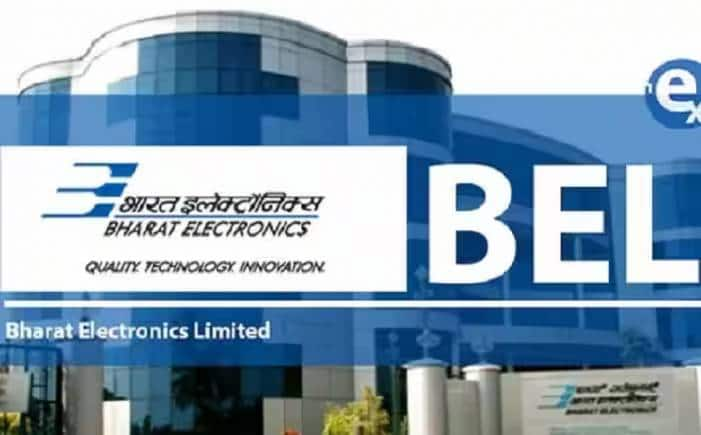
IRDAI overhauls key regulations
The Insurance Regulatory and Development Authority of India (IRDAI) at its board meet on March 19 decided to grant the certificate of registration to standalone health insurer Galaxy Health and Allied Insurance, which can now commence operations.
It will be the seventh standalone health insurance company after insurers such as Aditya Birla Health, ManipalCigna, Niva Bupa. and so on. Galaxy is promoted by former Star Health and Allied Insurance chairman V Jagannathan.
This apart, it also approved a set of eight new and revised regulations, the chief ones pertaining to product regulations (primarily, changes in surrender value norms), policyholder protection, Bima Sugam and so on. “...regulatory governance... has replaced 34 regulations with six regulations and introduction of two new regulations enhancing clarity and coherence in the regulatory landscape,” the IRDAI said in a press note issued on March 22.
Product guidelines covering surrender charges
While the IRDAI has approved the (Insurance Products) Regulations, 2024, it is yet to put out the granular details of the changes to the draft circular issued in December 2023. “These regulations promote good governance in product design and pricing, including strengthening of the principles governing guaranteed surrender value and special surrender value along with disclosures... Additionally, the regulations encourage the development of innovative insurance products…” the regulator said in its press release.
Also read: IRDAI likely to water down higher surrender value proposal in relief for life insurers
However, what is not clear is whether the insurance regulator has decided to stick to its December 2023 draft. It had proposed lower surrender charges (penal charges on early exit), ensuring that policyholders get more of their premiums back if they were to make a premature exit.
For example, at present, a policyholder surrendering her policy after paying the second-year premium is entitled to get just 30 percent of her premiums back. If the IRDAI’s December draft were to be finalised in its current form, this ‘premium refund’ could go up by 175 percent, depending on the threshold premium — a concept introduced in the draft paper.
Most life insurers were not in favour of the proposal being finalised, but some private insurers, including Digit Life Insurance, had backed the draft regulations.
Also read: IRDAI’s higher surrender-value proposal is good for policyholders, but a double-edged sword
Bima Sugam set to be a reality soon
The board also approved the setting up of Bima Sugam and regulations to govern the entity, which will be an electronic insurance marketplace for buying, selling and servicing policies as also settling claims. “This marketplace will serve as a one stop solution for all insurance stakeholders, including customers, insurers, intermediaries, and agents, thereby, promoting transparency, efficiency, and collaboration across the entire insurance value chain,” the IRDAI said.
Also read: Bima Sugam may make policy buying easier, cut commissions
Policyholder protection regulations
It also finalised the IRDAI (Protection of Policyholders’ Interests and Allied Matters of Insurers) Regulations, 2024, draft norms for which were issued in February.
“These regulations emphasise the adoption of standard procedures and best practices by insurers and distribution channels to fulfill their obligations towards policyholders, including grievance redressal and policyholder-centric governance,” the IRDAI said.
Also read: IRDAI proposes to raise free-look period for returning insurance policies to 30 days
The final shape that these regulations could take will be clearer in the days to come once IRDAI shares the detailed circulars. Among other things, the earlier draft proposed to increase the free-look period – the time during which policyholders can return insurance policies that they may find unsuitable after purchase – from 15 days to 30 days.
If the policyholder decides to return the policy, the insurance company has to refund the premiums paid at the time of purchase after deducting the proportionate risk premium, if any, applicable during the free-look period, besides charges linked to medical check-ups, stamp duties and so on.
IRDAI had also proposed to make it mandatory to issue most policies only in the electronic form.

 1 month ago
1 month ago















